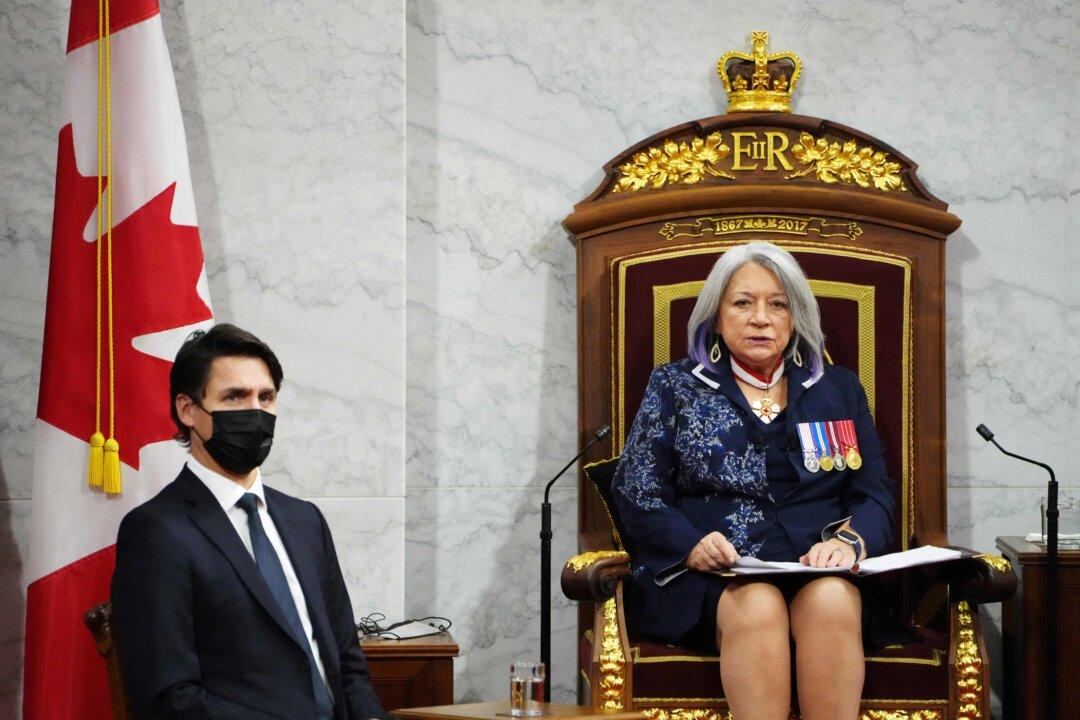OTTAWA—The federal Liberals are facing rising pressure to detail how they plan to rebuild an economy upended by COVID-19 and cool inflation after delivering a throne speech that promised to rein in the rising cost of living.
The annual inflation rate hit an 18-year high in October, fuelled largely by rising prices at the pumps and grocery store aisles, with help from housing costs that may be shaking off their mid-year moderation.





